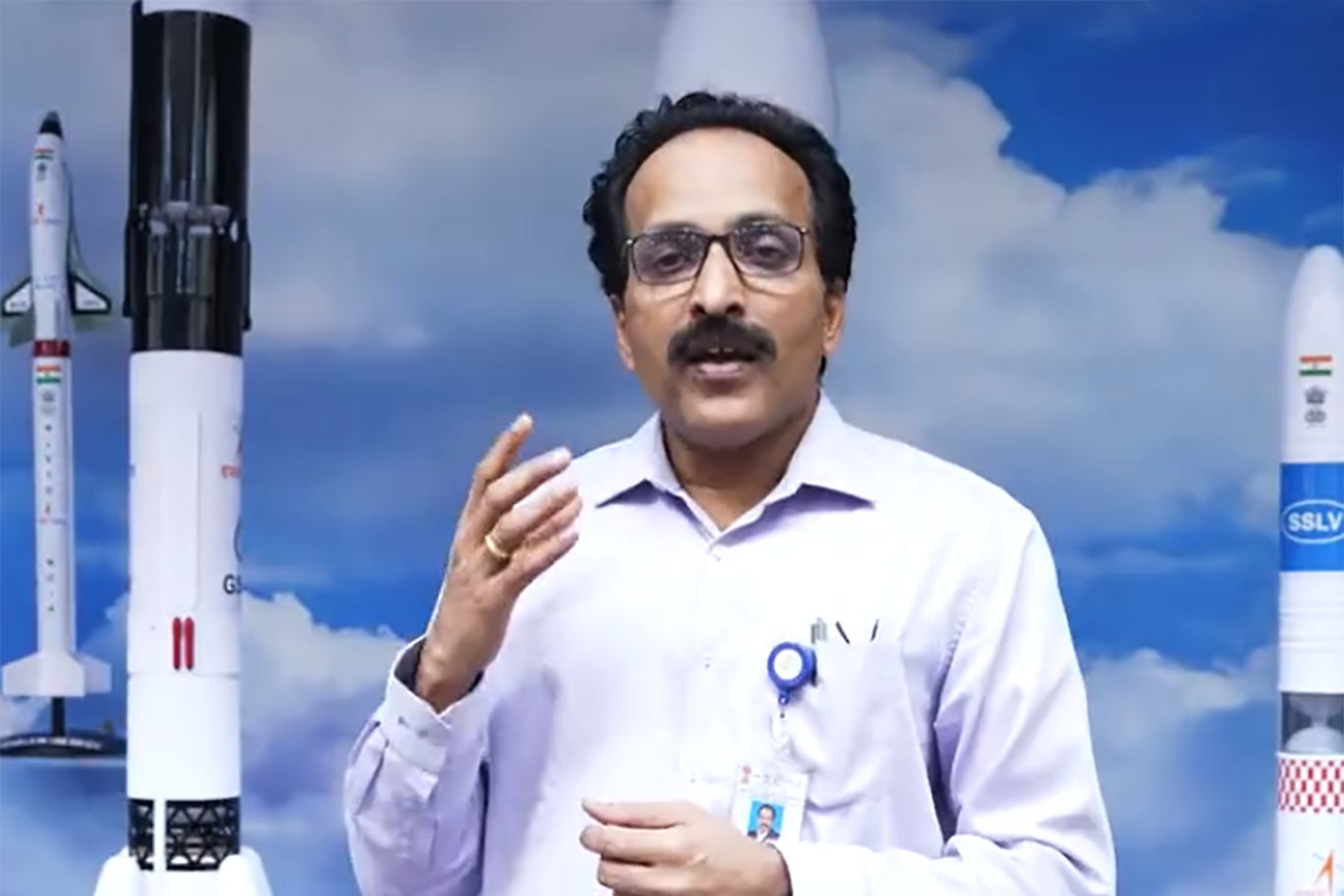
During the Foundation Day celebrations of the Council of Scientific and Industrial Research (CSIR) in New Delhi, S Somanath, Chairman of the Indian Space Research Organisation (ISRO), emphasized that nearly 95% of the components used in rockets, including those for the Chandrayaan 3 mission, were domestically produced. This achievement was the result of years of collaboration between ISRO, Indian industries, laboratories, and defense agencies. The focus was on indigenization of materials, technology capabilities, and research.
ISRO’s efforts extended to developing its own lithium-ion batteries for space applications, which are now being transferred to the industry. These batteries have diverse applications, from electric vehicles to portable devices. Key components, like the microprocessor chip in launch vehicles, were manufactured at Chandigarh’s Semi Conductor Laboratory (SCL), with only around “five percent of high-end electronics” being imported for space missions.
Somanath highlighted the growth of an industry capable of handling various aspects of space technology, including battery systems, storage, and solar cells. He stressed that India’s space program had achieved self-reliance through sustained efforts and collaborations.
Jitendra Singh, the Ministry of Science and Technology and Vice-President of CSIR, commended the transformation of CSIR’s leadership and its commitment to addressing national needs and contributing to India’s socio-economic development.

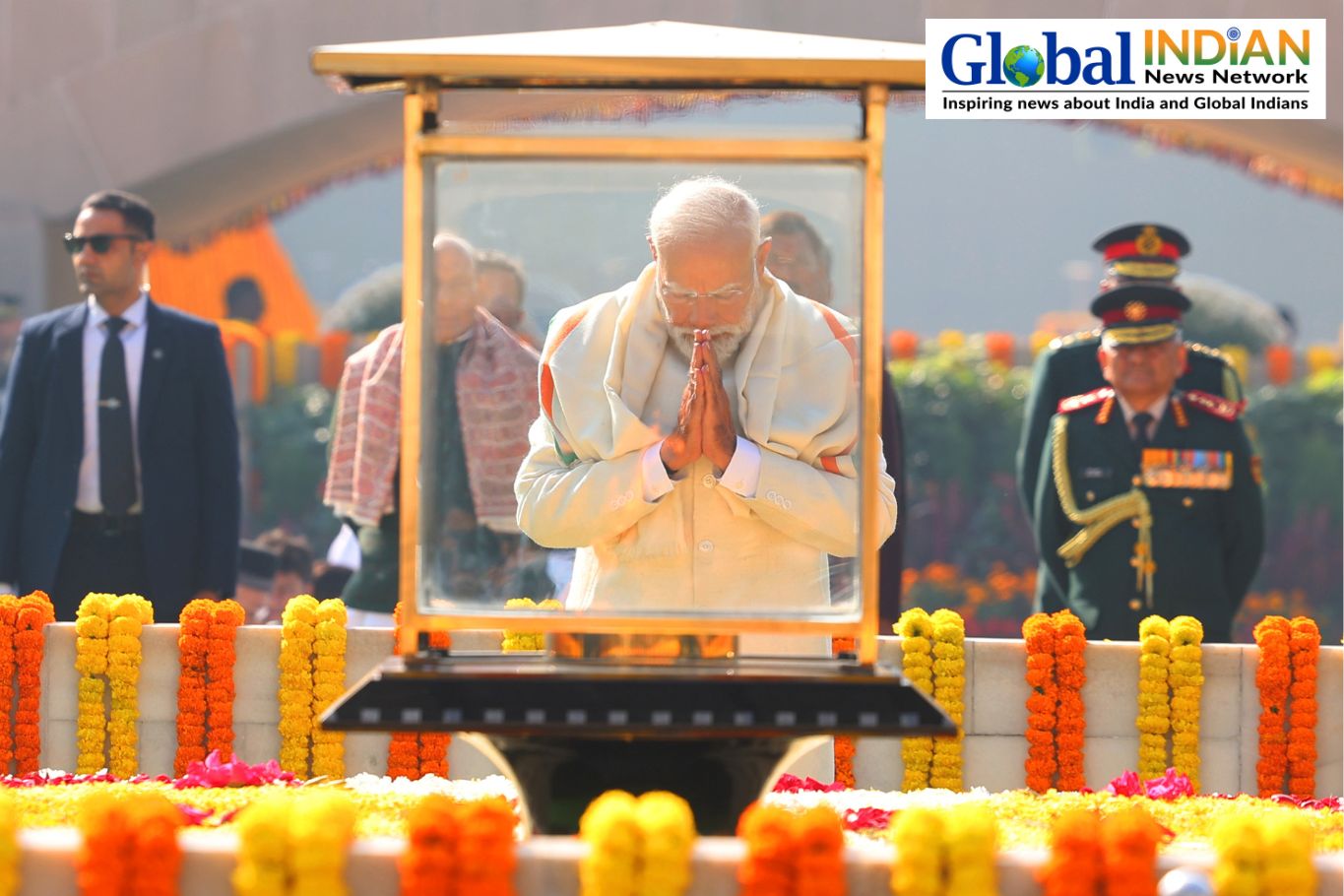
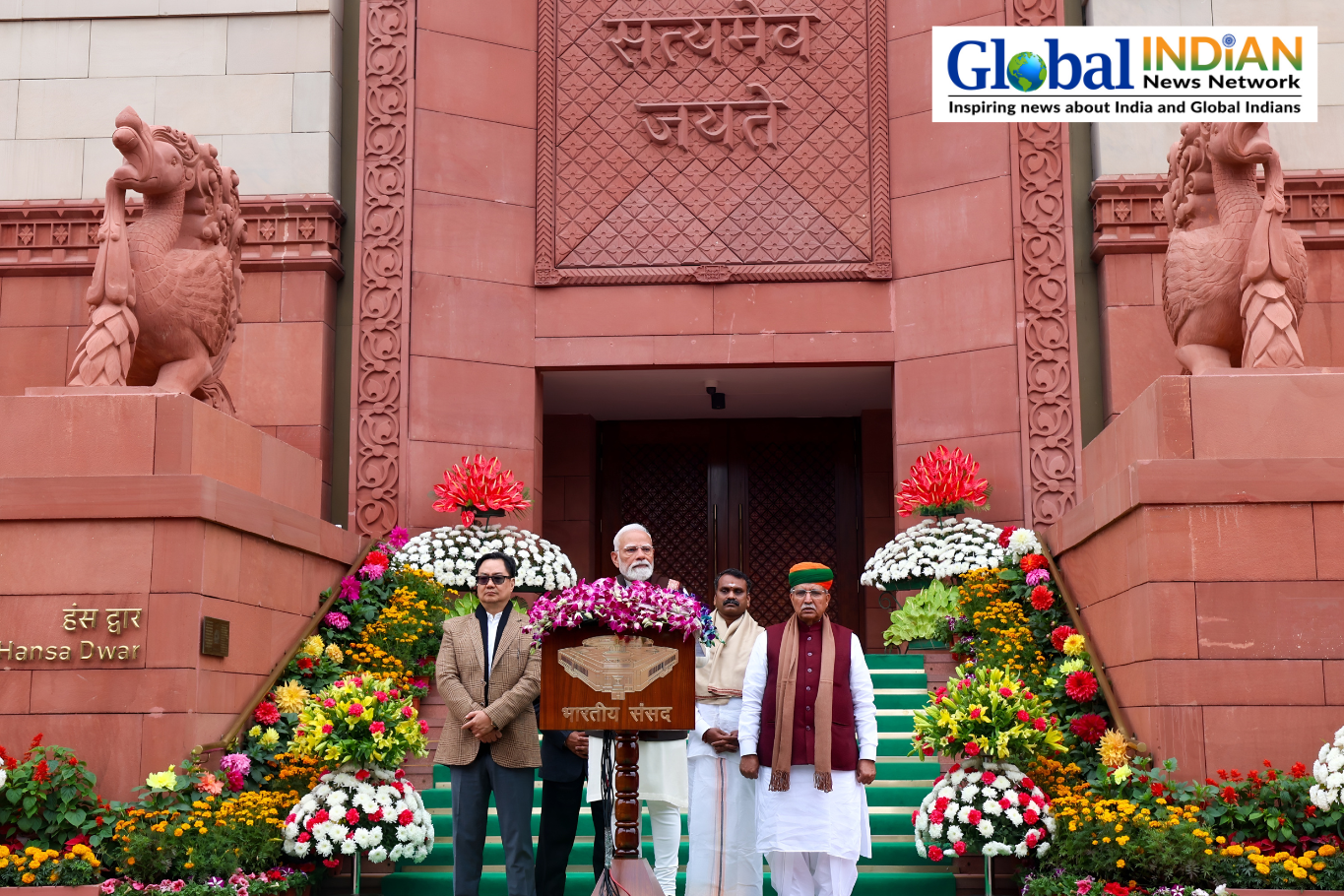
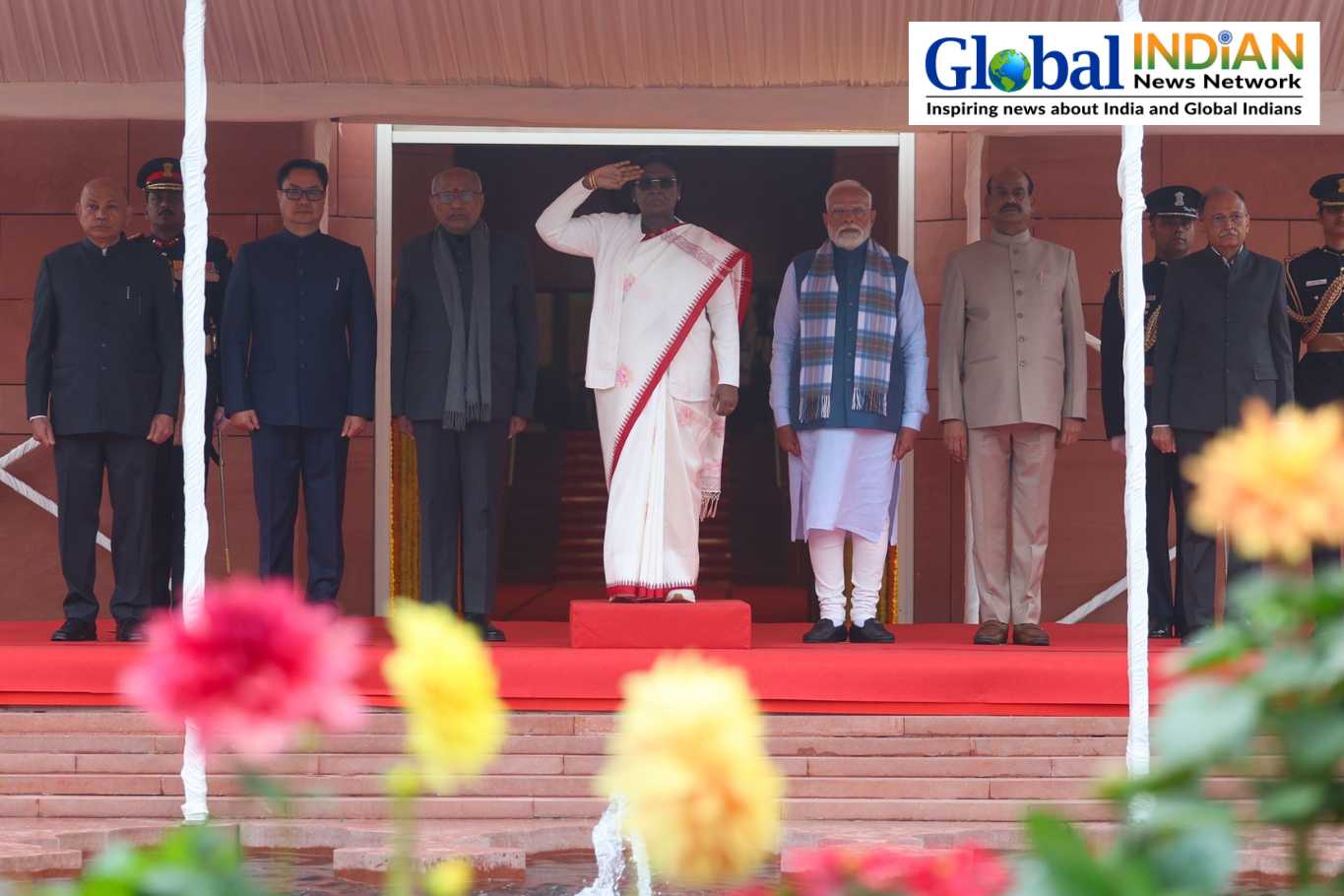
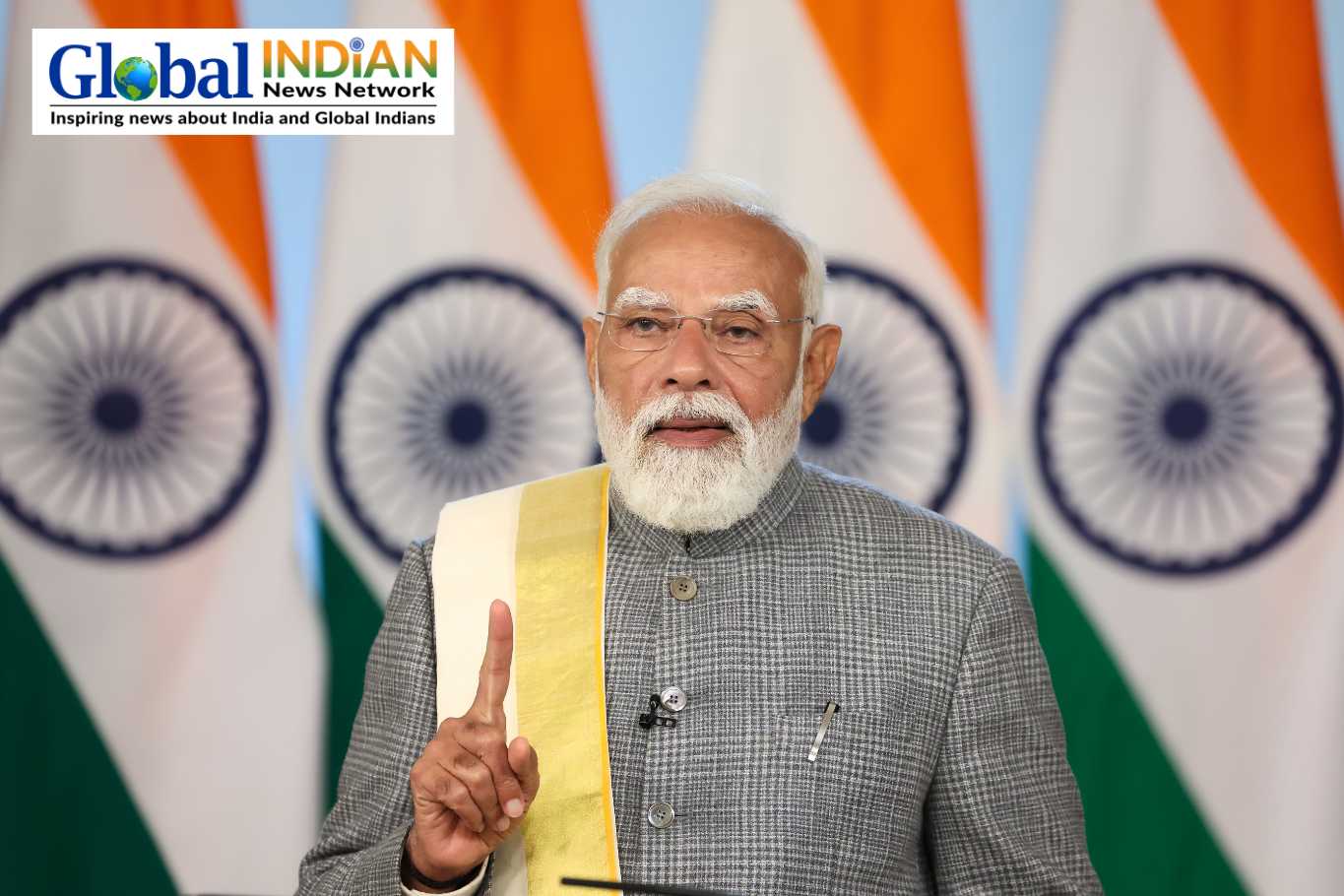







1 Comment
I learned a lot from this article. Keep up the great work!